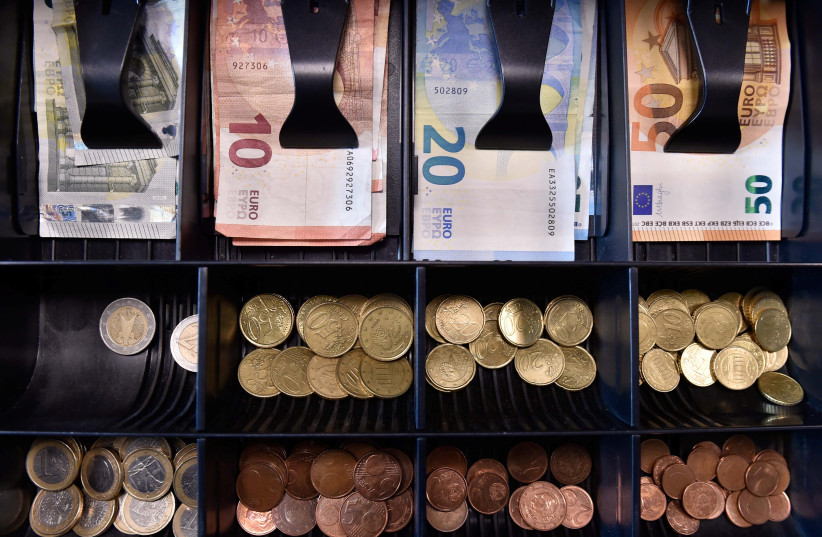In November 2017, Israeli income-producing real estate company Alony Hetz announced that its next target market was the UK. "Brexit has created unusual opportunities," the company prophesied as it set up a subsidiary in England to buy up properties worth hundreds of millions of pounds. Five years later and 25% of Alony Hetz's property portfolio is in Britain. But almost certainly in the company's darkest dreams, it did not see sterling, which in 2007 traded at nearly NIS 9/pound, and in 2007 was trading at just NIS 4.6/pound, losing a further 17% since 2017.
Alony Hetz is not alone. Total investments by Israelis in European real estate amounts to euro 1b. annually. AFI Properties has put almost all its resources into Europe with 74% of its assets in Eastern Europe. Shikun & Binui Construction has almost 10,000 apartments in Europe, while G City (formerly Gazit-Globe) has 62% of its assets in Europe.
Israeli real estate companies have always loved Europe. According to research by real estate consultancy company JLL, Israelis are the 14th biggest investors in European real estate. The affection for Europe is clear. It is nearby, transparent, for the most part easy to do business there, and diversifies a domestic portfolio. The more courageous have targeted Eastern Europe while the more conservative stick with 'safer' investments in Western European countries.
But even before the Russia-Ukraine war, and major economic crises, the biggest danger was that most of these real estate companies have continued to raise major debt here in Israel, where they have reputations with institutional investors, while the properties have been purchased, valued every quarter and yield monthly rents in foreign currency — which makes the investment above all dependent on the currency exchange rates, rather than supply and demand in each of the overseas real estate markets.
Euro vs. Shekel

So the depreciation of sterling, the euro and other European currencies against the shekel, as well as economic slowdown that reduce the values of overseas properties, rents, and occupancy rates, deal a painful blow to the profits of Israeli real estate businesspeople.
In euros and sterling, Israeli housing prices have jumped 37%
The decline of Europe's fortunes may also once again raise hopes that tomorrow morning hundreds of thousands of new immigrants from Europe will flock to Israel who have finally discovered the wonders of the Jewish state. Of course, this would also mean that these immigrants would compete with the Israelis for the already short supply of apartments, which will further push up the prices, especially if these Europeans also come with suitcases of money from abroad.
But getting matters into perspective, European Jewry is much less wealthy than we think, all the more so when they look to buy on the Israeli real estate market. Prospective Israeli apartment buyers may be frustrated by a 17.8% jump in apartment prices over the last year? For a buyer who thinks in terms of euros and sterling, which have both depreciated by about 14% against the shekel over the past year, apartment prices in Israel have jumped by 37% over the past 12 months.
